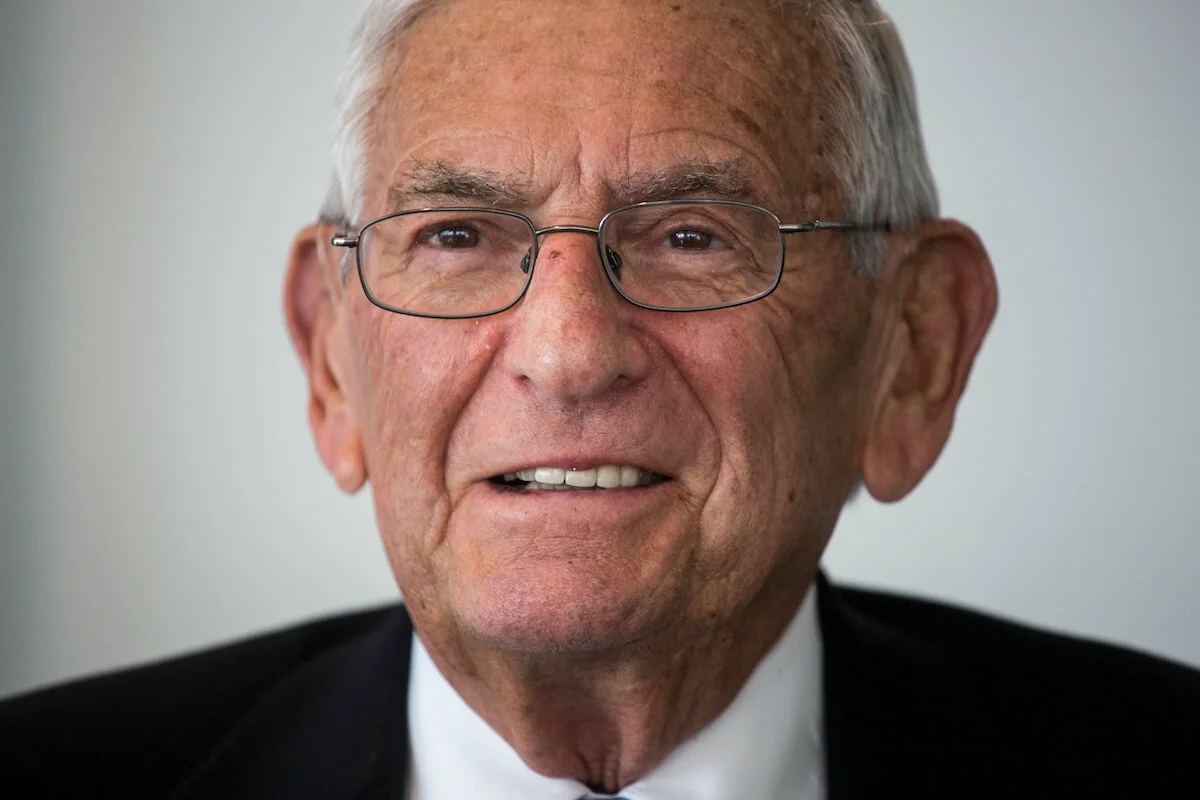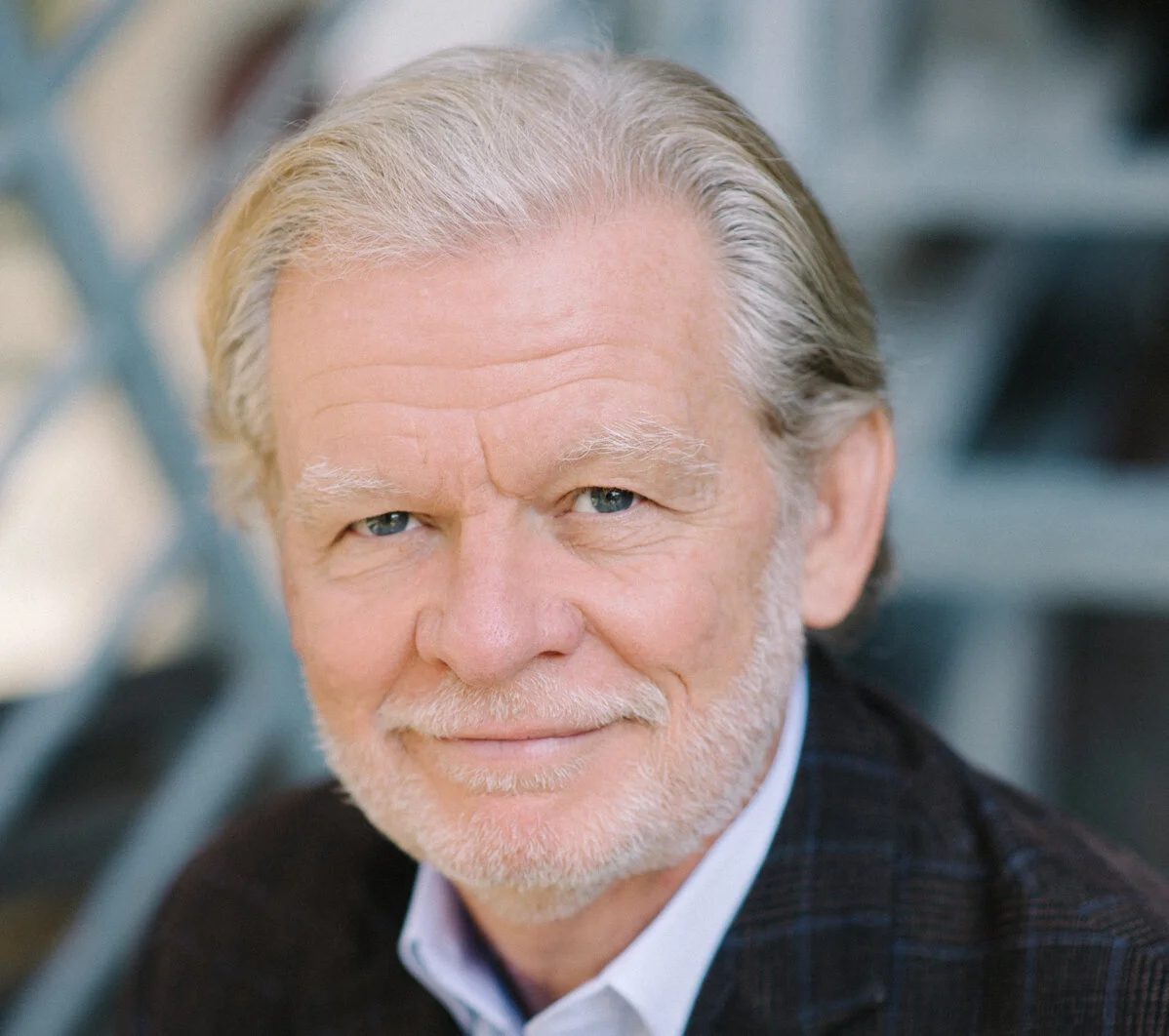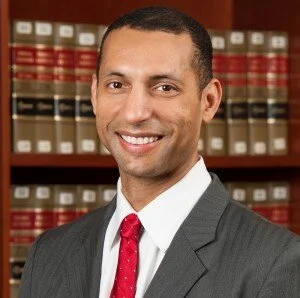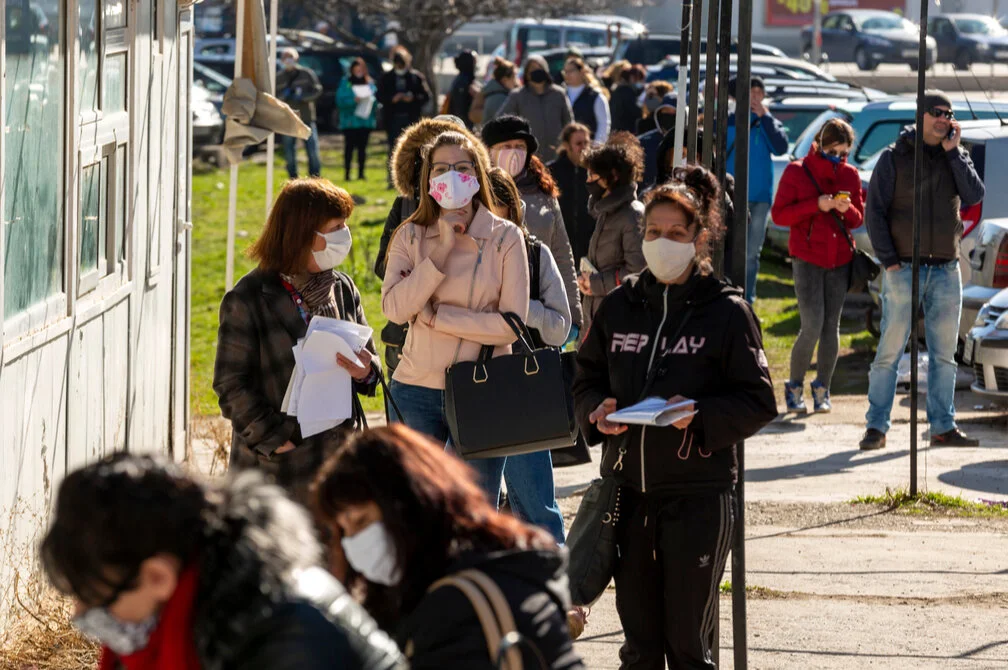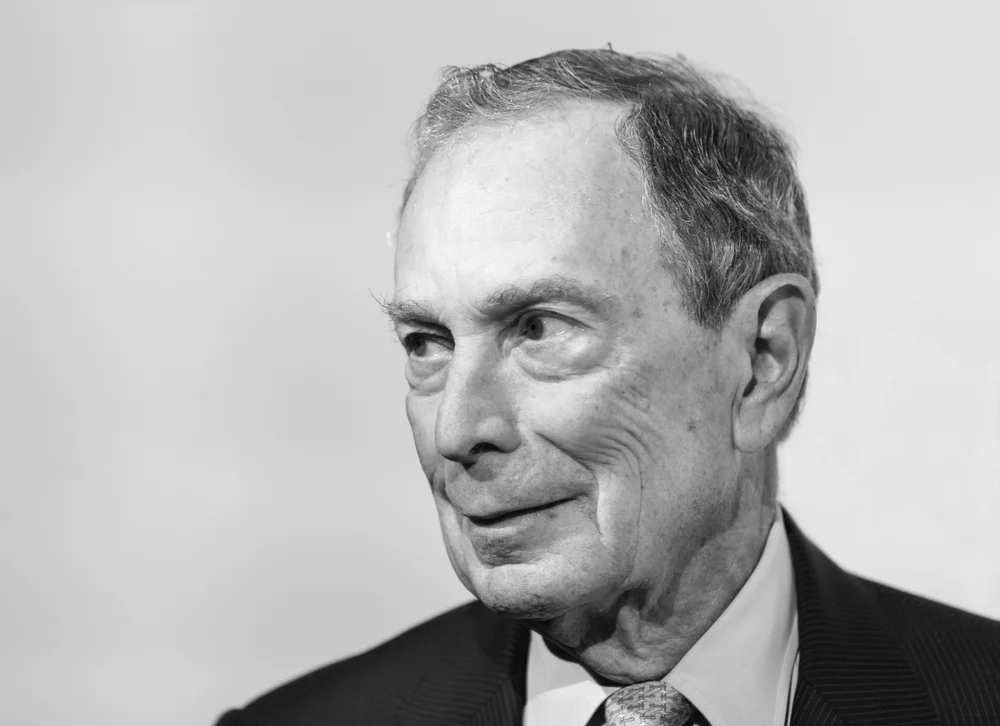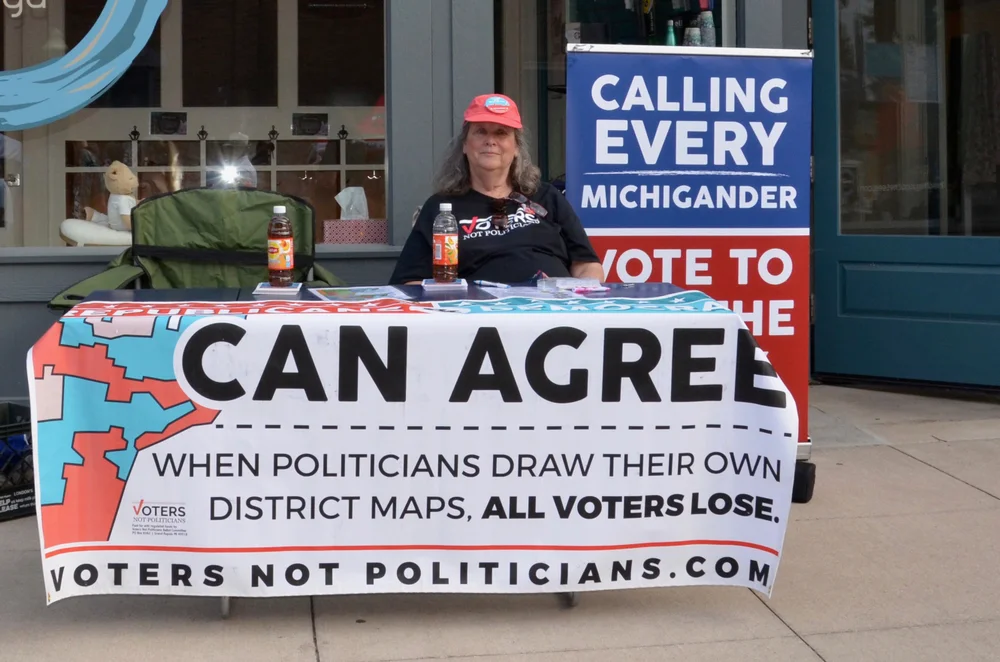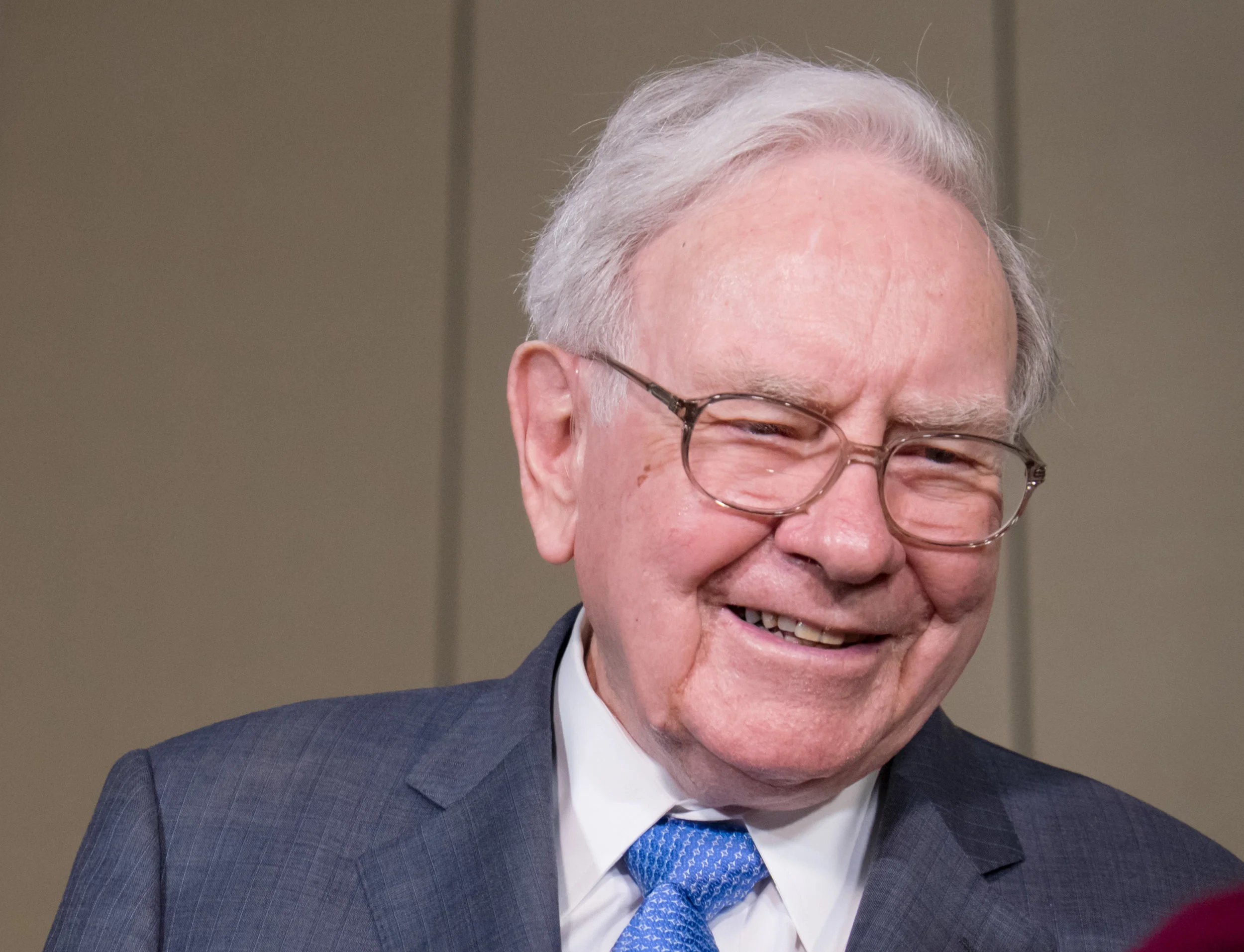Data for What? Mike Bloomberg and the Limits of Technocratic Philanthropy
/photo: Gregory Reed/shutterstock
Michael Bloomberg has given away $6 billion over his lifetime. Last year alone, his foundation moved $702 million in grants.
There’s a whole lot to like about this giving. Long before all the talk about “big bets,” Bloomberg was making such bets, and on a grand scale.
Even when he was still mayor of New York City, Bloomberg was giving hundreds of millions of dollars to save lives in developing countries by curbing tobacco use and reducing traffic accidents. These aren’t sexy causes, but Bloomberg rightly pegged them as low-hanging fruit for large-scale philanthropic impact. More recently, his foundation has been on the cutting edge of efforts to reinvent cities and urban government. Bloomberg has also been a top funder on climate change and gun safety, as well as a major backer of the arts, education, and more.
Data has played a central role in Bloomberg’s philanthropy, just as it figured so prominently in his mayoralty. And data helps explain his effectiveness as a mega-giver. “We use it to identify problems and opportunities others have overlooked—and to target our resources, measure our success, and adjust our strategies," Bloomberg said in his recent annual letter.
Armed with compelling metrics, Bloomberg has had the confidence to make some of the largest targeted investments of any philanthropist of our time. He’s now given around $1 billion for tobacco control and another $250 million for road safety. His gifts to combat climate change include over $100 million to the Sierra Club for its Beyond Coal campaign.
If you read Bloomberg’s letter and page through the new annual report from his foundation, you’ll hear a lot about the power of data. And you’ll behold one of the most extensive and impressive philanthropic operations on earth. Last year, Bloomberg support reached nearly 480 cities in more than 120 countries—all with the goal of helping "ensure better, longer lives for the greatest number of people."
Still, despite that mission, something is missing from Bloomberg’s brainy philanthropic enterprise: a clear set of underlying values.
Bloomberg’s giving is all about problem solving, driven by data, to improve the human condition. But there’s virtually no explicit mention in his letter, or the foundation’s 100-page annual report, of such ideals as empathy, equity, inclusion or fairness.
At another historical moment, Bloomberg’s anodyne pragmatism and unstated assumptions about the common good might not be a major weakness. But it is right now, amid fierce values-based conflicts over how society should be organized.
There’s little consensus in America today over basic normative questions like how much we should help the least fortunate among us, who should be included in our democratic polity with full rights, the degree to which we should regulate market actors to protect the public, how interdependent America should be with other countries, and what ecological constraints humans are confronting. Increasingly, there’s no longer even agreement over basic facts. American politics, many commentators have noted, has taken a tribal turn.
Bloomberg’s approach to these deep and growing divisions has largely been to double down on his distinctive blend of scientific rationalism and can-do localism. In his annual letter, he says—in effect —“sure, the crazies have hijacked national politics, but sane people are gaining ground locally.”
While it doesn’t attract national headlines, there is a growing movement of big cities and small towns that are striving to use data to improve the performance of government and the lives of their citizens. Unlike those in Washington, mayors and other local officials cannot get away with constructing alternate realities or playing partisan games.
Bloomberg Philanthropies’ annual report is chock full of examples of concrete successes happening outside Washington, not just in U.S. cities but in other countries, where—thanks to Bloomberg grants—lives are being saved and improved.
In his letter, Bloomberg writes:
The majority of the world’s people now live in cities for the first time in history. As cities of all sizes grow in both population and power, Bloomberg Philanthropies will continue finding new ways to help them. And here in the U.S., we will continue driving progress from the bottom up by supporting leaders in both parties who respect facts and data—and who have the courage to use them.
It’s a hopeful vision, except for an obvious snag: Pragmatic localism can only go so far in improving people’s lives. Place-based progress is often stymied or washed away by structural economic forces that only the federal government has a chance of taming.
Related:
- A Foundation Gives $1 Billion in One City and Things (Mostly) Get Worse. What’s the Lesson?
- Systemic Failure: Four Reasons Philanthropy Keeps Losing the Battle Against Inequality
Consider the devastation wrought by the 2008 financial crisis, which wiped out many of the wealth gains that communities of color had made over decades, in part because of philanthropic investments and local action. Those gains ranked as among the great triumphs of pragmatic mainstream foundations and innovative urban leaders. But they were wiped out in short order by an epidemic of predatory lending followed by an economic meltdown. Both could have been avoided by stronger oversight of the financial sector.
And why wasn’t that oversight in place? Well, among the reasons is that centrist and liberal foundations didn’t adequately counter the right’s ideological attack on government regulation and a broader market triumphalism that took hold starting in the 1980s. Instead of really taking sides in this war of ideas, they tended to place their faith in a pragmatic and evidence-based approach to improving society, often focusing at the local level.
Bloomberg is making a similar kind of mistake at a time when much of what he cares about is under fierce attack by a resurgent right-wing movement that fuses the worst elements of paleo-conservatism and populist nativism. That movement now controls all levers of the federal government, not to mention many state governments that have a huge say in what cities can and cannot do. In no small part, this movement is fueled by a strong antipathy to elites like, well, Michael Bloomberg, who are seen as overly educated know-it-alls that want to boss around the country.
You don’t beat back these forces with a spreadsheet or a glowing evaluation of a new light rail system. You beat them with better value-based arguments about how society should be organized. You win the normative debates over first-order questions about equity, inclusion, and the role of government and markets. Then you translate those gains into concrete public policy wins.
Bloomberg seems to believe in the reverse order of things: That a series of wonky wins will ultimately add up to a broader story of progress that can dominate American life. Sometimes, history has worked that way, with local “laboratories of democracy” leading the way to a new national paradigm. But that’s not the way things seem to be working lately.
Bloomberg and his foundation need to spend some time studying the enormous success of conservative philanthropy over the past four decades. These funders have been explicitly guided by values and a normative vision of how society should operate. And they’ve invested over the long haul in grantees that also articulate those values. Together, they helped shift the meta-narrative of American politics and set the stage for a range of specific public policy successes—including those being implemented by the Trump administration.
None of this is rocket science. But ironically, for someone who’s reached the absolute apex of U.S. society, Michael Bloomberg is far less savvy than you might think when it comes to using his philanthropy to capture the moral high ground.
Reading his annual letter, it might seem that Bloomberg thinks that the “reality-based community" is winning. Of course, he’s way too smart to truly believe that. His views are probably more in line with those of Richard Haass, president of the Council of Foreign Relations, who tweeted not long ago, "This is the most perilous moment in modern American history.”
Better data isn’t going to get the U.S. out of this mess. Bloomberg, and other foundations and philanthropists like him, are losing. To start winning, they need to mount a much stronger defense of their core values.
Related: Why Won’t Bill and Melinda Gates Really Take on Donald Trump?







